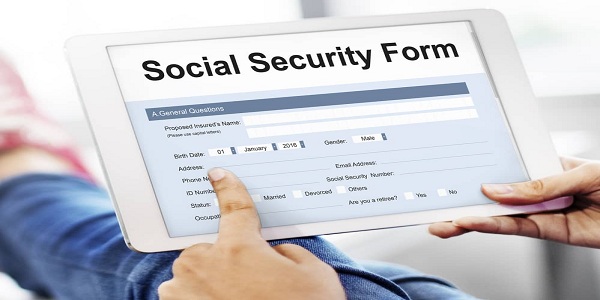How to Qualify for Disability Benefits
By: Rachel Gaffney
How to Qualify for Disability Benefits
How to Qualify For Disability Benefits When Turning 18
Your 18th birthday is one of the biggest milestones in your life because it marks your entrance to adulthood. That’s very exciting, but it can also be very stressful because when you’re an adult you are responsible for taking care of yourself.
If you have a mental or physical condition that makes it difficult for you to work, turning 18 can be frightening because you may not know how you’re going to support yourself if you can’t work. But if you are sick or disabled you can apply for Supplemental Security Income (SSI) benefits from the Social Security Administration. The money from SSI benefits can help you pay for housing, food, and other essentials.
Financially Qualifying for SSI Benefits
Children who are sick or disabled typically qualify for SSI benefits as long as their parents are low-income. So, if you haven’t received SSI benefits before it’s likely that your parents or guardians made too much money to qualify for benefits.
The SSA has an income cap and in order to qualify for benefits the person who needs the benefits. Once you are 18 your parents’ or guardians’ income no longer is considered. You must have less than $2,000 in income or assets in order to qualify for SSI benefits and since you are unable to work you shouldn’t have any trouble meeting that requirement.
Medically Qualifying For SSI Benefits
You must also meet the SSA’s medical requirements in order to be approved for SSI benefits. Both physical and mental conditions are considered to be disabling by the SSA. All of the conditions recognized by the SSA are listed in the Blue Book. You can look through the Blue Book on the SSA’s website to see if your condition is listed. Every listing has a set of requirements that have to be met before you can qualify for benefits. For example, if you can’t work because you have depression you will have to document that you have at least five of these symptoms:
-
- depressed mood
- decreased interest in almost all activities
- appetite disturbance (poor appetite or overeating) resulting in a change in weight
- sleep disturbance (insomnia or oversleeping)
- difficulty concentrating or thinking
- feelings of worthlessness or guilt
- thoughts of death or suicide, and/or
- a slowing of physical movement and reactions, including speech, or increased physical agitation, such as hand wringing or pacing.
And then you will need to show that those symptoms have given you an extreme limitation in at least one of these areas, or a severe limitation in at least two of them:
-
- understanding, remembering, or applying information (the ability to understand instructions, learn new things, apply new knowledge to tasks, and use judgment in decisions)
- interacting with others (the ability to use socially appropriate behaviors)
- concentrating, persisting, or maintaining pace in performing tasks (the ability to complete tasks), and/or
- adapting or managing oneself (having practical personal skills like paying bills, cooking, shopping, dressing, and practicing good hygiene).
You can submit medical records, statements from counselors, and statements from teachers, friends, or case workers to show that you are too limited to work.
Applying For SSI Benefits
You can apply for SSI benefits online through the SSA’s website or if you need help with the claim forms you can go to the SSA that’s closest to you. Make an appointment and bring all of your records and paperwork and someone there will help you file your claim for SSI benefits.
Resources:
https://www.ssa.gov/ssi/text-resources-ussi.htm
https://www.ssa.gov/disability/professionals/bluebook/AdultListings.htm
https://www.disabilitybenefitscenter.org/glossary/acceptable-medical-source
https://secure.ssa.gov/iClaim/dib
https://www.disabilitybenefitscenter.org/state-social-security-disability

